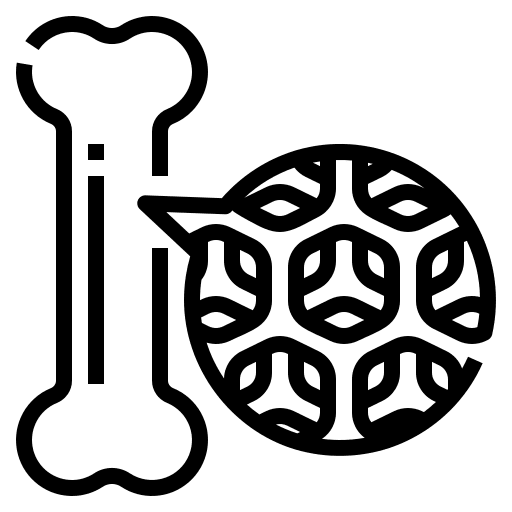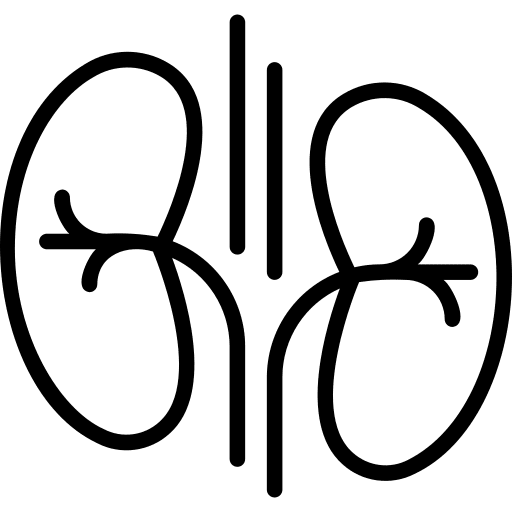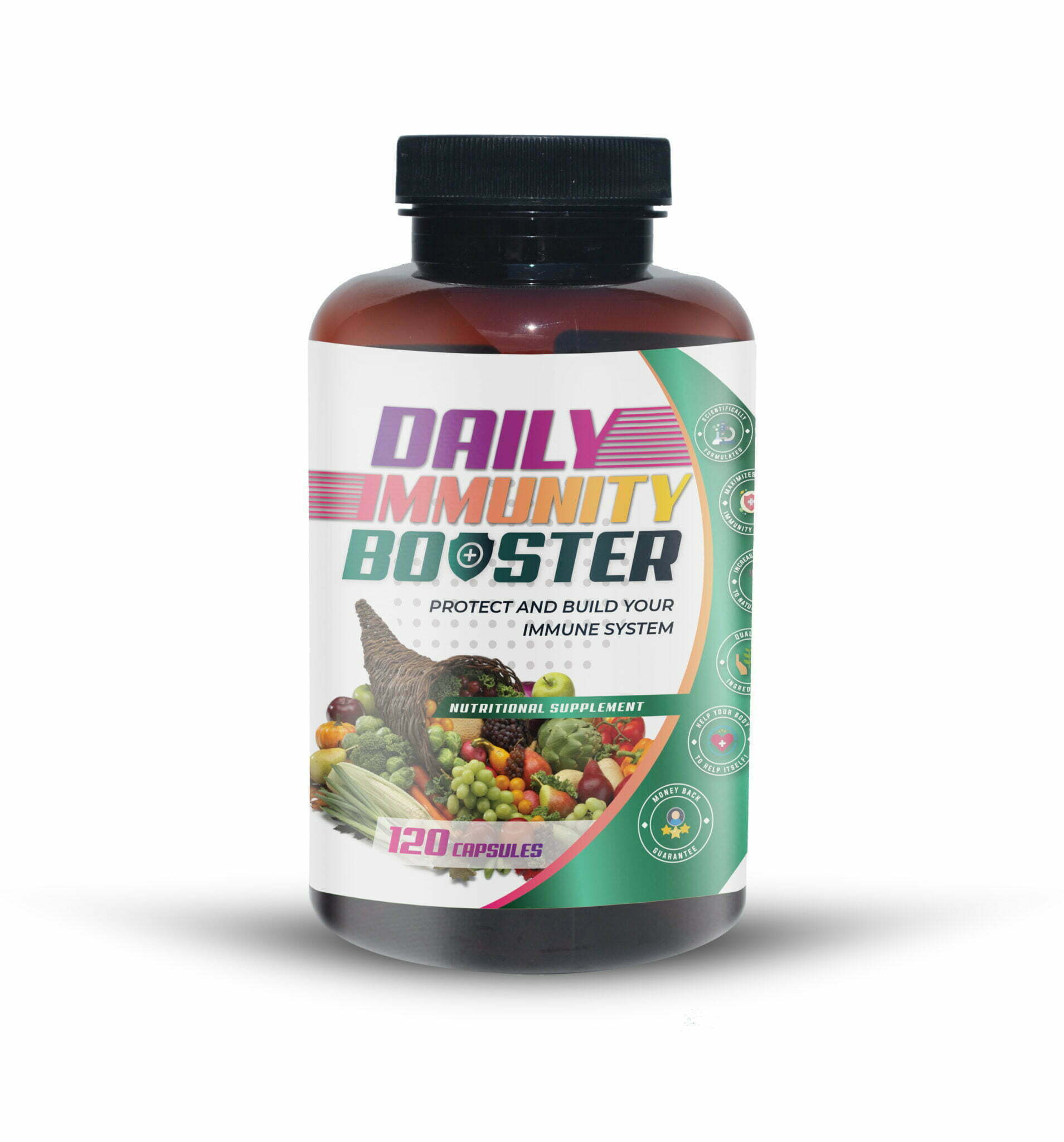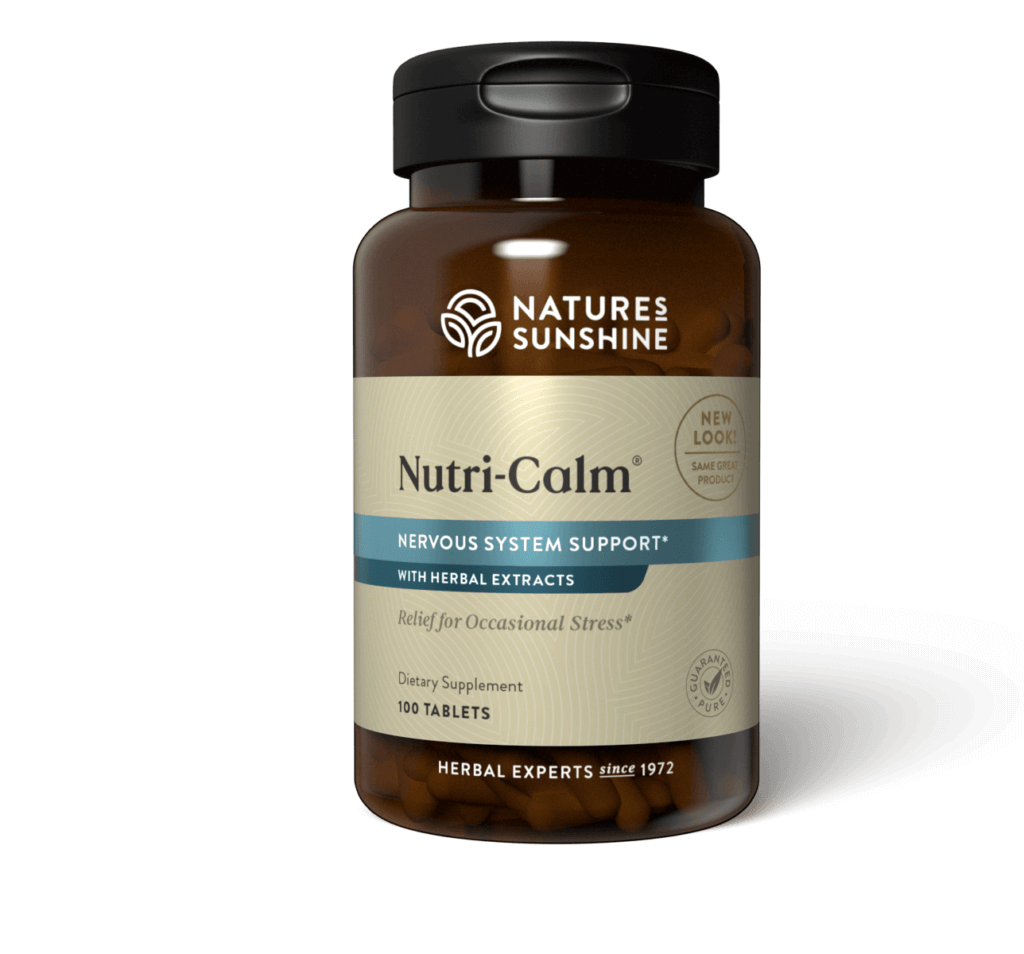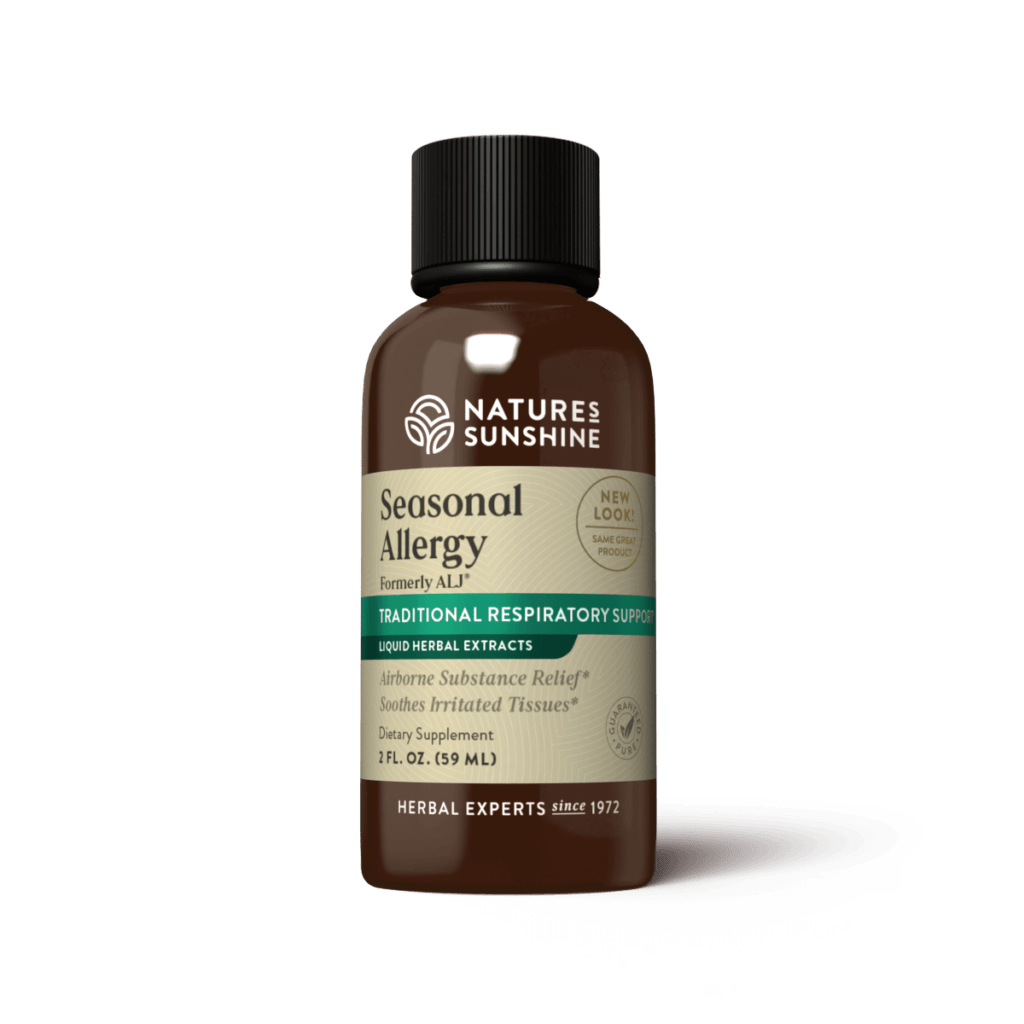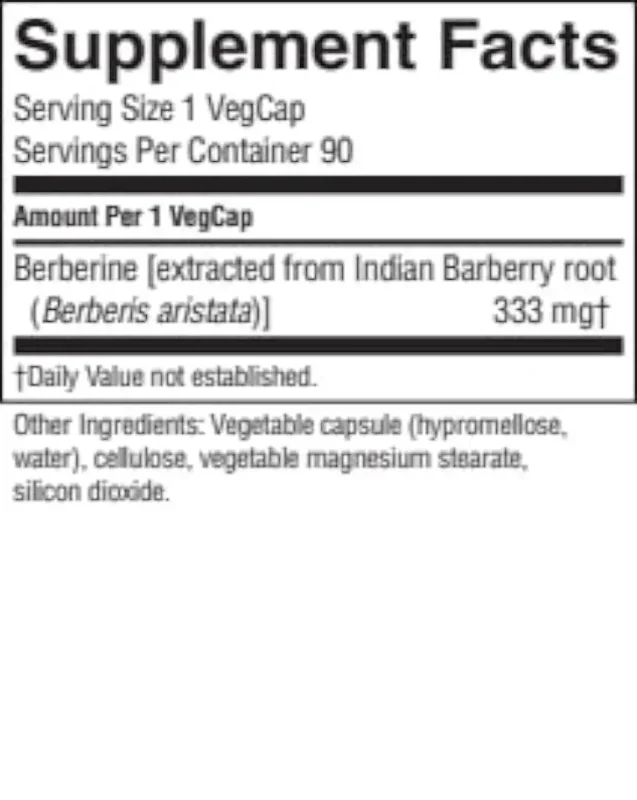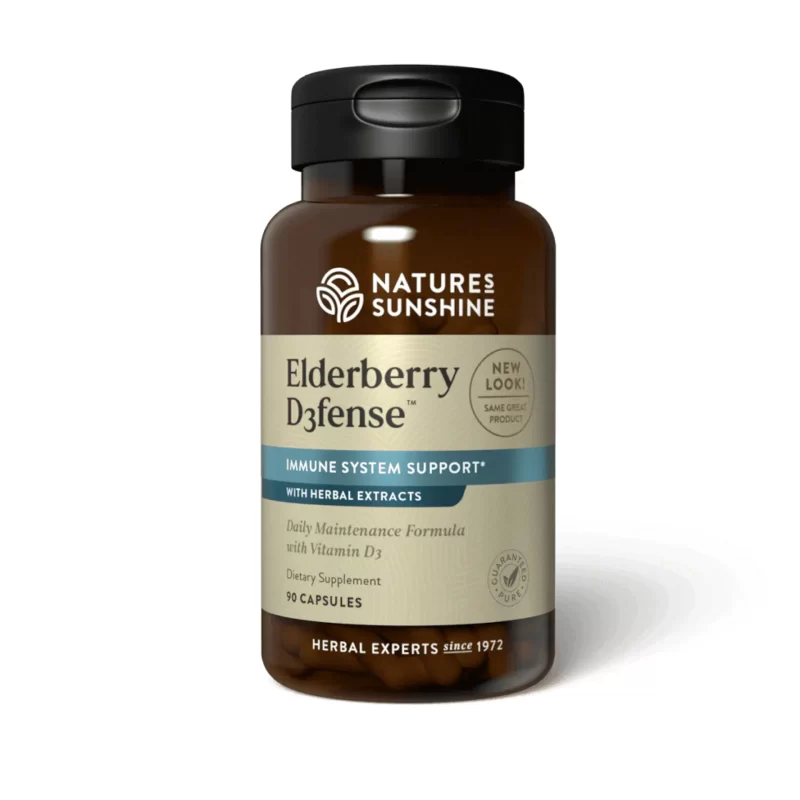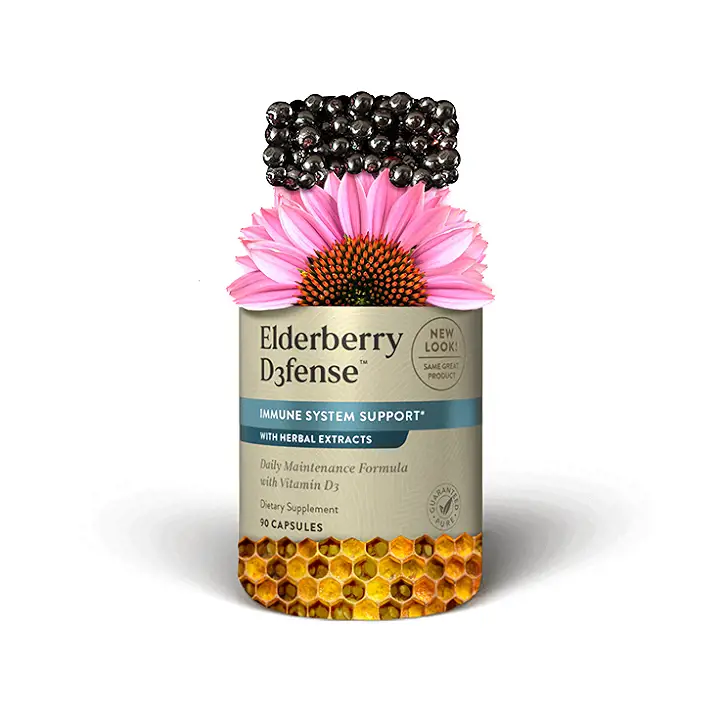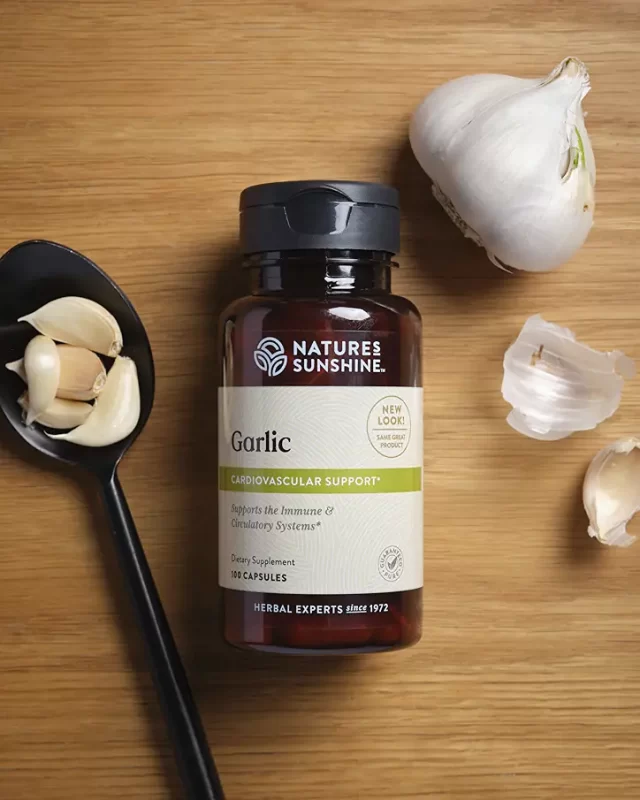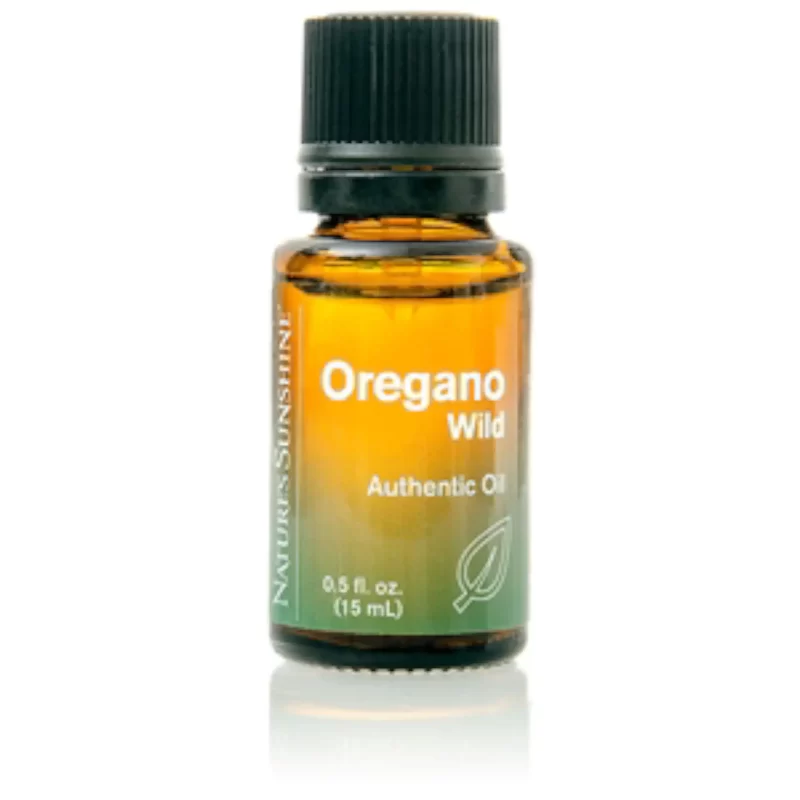Nature’s Herbal Infection Fighters

Herbs and nutrition can help your body fight off any type of infection
Natural infection fighters are vital to ease anxiety about new diseases. This shouldn't come as a shock. Fear of sickness is sometimes used by the media by recalling past pandemics like the Spanish flu outbreak that happened more than a century ago. Movies and TV shows that highlight the devastating effects of a pandemic on humanity can contribute to people's worries. Movies about a pandemic that kills most of the population include The Last Man on Earth, The Andromeda Strain, The Stand, 12 Monkeys, Outbreak, and World War Z, just to name a few.
While the epidemic scenario would make for a great novel, it has very little in common with the world as we know it now. It's true that infectious illness was the major cause of mortality a little over a century ago, but that's no longer the case. Vaccines are not primarily to blame, as several previously widespread illnesses have been eradicated without their use. Increased life expectancy is mostly attributable to better sanitation.It's also the case that many individuals perish annually as a direct result of infectious diseases like the flu. However, keep in mind that most of these fatalities occur in persons whose immune systems are already compromised due to other health problems. That's why it's so crucial to keep your immune system in good shape.
Not everyone becomes sick, even when plagues happen. This is because a strong immune system can make adjustments to keep you safe. Why not focus on maintaining a strong immune system and learning how to fight illnesses naturally instead of worrying about the next microbe? This issue of Sunshine Sharing is devoted entirely to the topic. mIt will teach you how to strengthen your immune system, increase your resistance to illness, and speed up your recovery time if you ever become sick.
Nutrition and the Immune System
The immune system is profoundly influenced by one’s diet. Dr. Weston Price’s research in the 1930s, when he traveled the world to compare the lifestyles of natives and Europeans in the same region, provided convincing evidence of this. After analyzing the native food and health, he found that the populace was remarkably resistant to many of the diseases that afflicted the nearby civilizations.
Dr. Price reasoned that this was due to the lack of variety in their diet. The average native diet had ten times the amount of fat-soluble vitamins and macro minerals and four times the amount of water-soluble vitamins compared to the average Western diet. Dr. Price didn’t analyze levels of trace minerals like zinc, copper, or selenium, but recent research on the depletion of such elements in modern diets suggests they were probably 10 times higher in the original diet.
Avoid getting sick by sticking to a diet rich in whole, natural foods rather than processed meals high in sugar, wheat, rice, and vegetable oil. In addition, there are immune-enhancing foods you may add to your diet. This is especially crucial in the colder months or whenever a new illness is circulating.
Fat-soluble Vitamins
The most important supplements for a healthy immune system are the fat-soluble vitamins A, D3, and K2. Dr. Price helped cure many people by giving them cod liver oil (rich in vitamin A and D) and spring butter from grass fed cows, which supplements vitamin K2 (a nutrient Dr. Price called Activator X because it not been discovered at the time). These vitamins are essential to keeping mucus membranes healthy so microbes can’t get into the body in the first place. They’re also essential for the immune system so it can fight infections, particularly viral infections.
A good dose of vitamin D3 to take for maintenance during the winter months is 50-100 mcg (1-2,000 I.U.). You can have your D3 levels checked (about 80% of the population is deficient) and take larger amounts, 125-350 mcg (5-10,000 I.U.), if your levels are low. You can take a higher dose, until levels return to normal. As for vitamin A, a good dose would be about 3,000 I.U. daily, while a good dose for K2 is about 45 mcg a day.
Vitamin C
Vitamin C is also helpful in boosting immunity. Many people find that high doses of vitamin C (2,000 to 5,000 milligrams) help them avoid colds and flu and recover more quickly from viral infections. When taking vitamin C in larger doses, it’s important to take bioflavonoids with it as they work synergistically with vitamin C.
Zinc is helpful for inhibiting viral replication and supplementing with it has helped people both prevent and recover from viral infections. It’s important not to overdo it with zinc as taking too much of any isolated mineral will throw other minerals out of balance. You can take 20-30 milligrams per day for a few days at the beginning of symptoms, but a maintenance dose is going be more like 5-15 milligrams daily.
It also helps to take zinc with a zinc ionophore, a substance that helps zinc get inside the cell where it works to inhibit viral replication. Two natural ionophores are quercetin and epigallocatechin-gallate (EGCG) which is extracted from green tea. Quercetin is found in many foods naturally high in vitamin C, including apples, onions, red grapes, and citrus fruits. You can also supplement with about 500 milligrams two or three times a day.
Natural Infection Fighters
The discovery of antibiotics has saved many lives, but the overuse of antibiotics has led to the rise of antibiotic resistant bacteria. Overdose of antibiotics also disrupts the intestinal microflora causing yeast overgrowth, leaky gut and SFBO, all which ultimately weaken the immune system
Given these problems and the fact that antibiotics only work on bacterial infections they should be reserved for serious bacterial infections and avoided with all viral infections. To address these issues, antibiotics should be reserved for serious bacterial infections, while natural infection fighters like the ones listed below can be more effective against a range of infections, including bacterial, fungal, and viral.
Garlic (herb)
Garlic has been called nature’s penicillin. It is a strong aromatic herb with powerful antibiotic, antifungal, and antiviral actions. It acts as an expectorant to expel phlegm from the lungs and as a circulatory tonic to lower high blood pressure and prevent arteriosclerosis. It combines well with other herbs for treating bacterial, viral, and fungal infections. It is also helpful for parasites. For hypertension (high blood pressure) and/or high cholesterol, it must be taken daily for at least 3–6 months. The fresh bulb has the best anti-hypertensive (blood pressure-lowering) and antimicrobial properties.
Garlic extracted in a vegetable oil can be rubbed on the chest and back to relieve lung congestion. The warm oil can also be dropped into the ears and/or rubbed on the ears and sides of the neck to help relieve earaches. Garlic is useful in enemas for reducing fevers, relieving respiratory congestion, earaches, infections, and worms. For a garlic enema, simmer one chopped clove for 10 minutes in 1 pint of water, or use 6–8 capsules and steep as tea for 3-5 minutes. Strain before using.
Herbs with Berberine
Berberine is a yellow alkaloid found in many herbs that have been traditionally used for fighting bacterial infections, such as Oregon grape and goldenseal. It is a broad-spectrum antiseptic with activity against bacteria, protozoa, and fungi. However, it must come in direct contact with the microbes to be effective. This is why it is most effective for infections in the gastro-intestinal tract.
It blocks the bacterial endotoxins that cause diarrhea, making it useful for infectious diarrhea, especially when combined with Activated Charcoal. It also helps regulate dysbiosis (imbalances in gut microbes), making it useful for SIBO (small intestine bacterial overgrowth) and yeast infections. There is also evidence that regulating gut bacteria can help reduce sugar cravings and aid in weight loss.
Berberine is poorly absorbed, so it is not a systemic antiseptic agent. However, what is absorbed is excreted through the urine, making it moderately effective for urinary tract infections. It also inhibits bacteria from sticking to the urinary passages.
Besides its antimicrobial activity, berberine helps to lower blood glucose and blood cholesterol levels. It also dramatically increases bile production. It can triple bile production for up to four hours. Berberine may also have some anti-tumor activity.
Take 1 capsule three times daily.
Warnings:
Berberine should be used with caution in pregnancy and nursing.
Ingredients
Barberry
Andrographis
Andrographis extracts have been shown to mildly inhibit Staphylococcus aurea, Psudomonas aeurginosa, Proteus vulgaris, Shigella dysenteriae and Escherihia coli. Extracts have also been shown to inhibit lipid peroxidation and inflammation. It is used in Ayurvedic medicine for diarrhea, dyspepsia, lack of bile flow, hepatitis, malteria, pneumonia, tonsillitis, colds, sinus infections, and flu. It is also used by modern herbalists to treat intestinal parasites, colds, influenza, and hepatitis. In a clinical study, patients treated with andrographis for three months were 2.1 times less likely to catch colds than the placebo group.
Energetics: Cooling and drying
Warnings:
Not for use during pregnancy or lactation.
Elderberry
Elderberry D3fense helps support the body in fighting off colds, flu and other forms of contagious disease, particularly those with a viral base. It boosts the immune system, improves lymphatic drainage, and prevents the spread of infection. It’s a great product for both children and adults to take during the cold and flu season to stay healthy. If one does catch a cold or flu, Elderberry D3fense can be taken to speed recovery. It can also be used for fevers, sore throats, and bacterial infections. Take 2 capsules of Elderberry D3fense with a meal three times daily, plus 2 capsules before going to bed. You can also take 1 capsule two or three times a day to boost the immune system during the cold and flu seasons.
Ingredients
Elder berry, Echinacea aerial parts, Willow bark and Olive leaf
Oregano
Oregano is antiseptic and useful for infections of the respiratory and digestive tracts. It is a good remedy for fungal infections, coughs, tonsillitis, bronchitis, asthma, and chest congestion. The oil of oregano can be added to bath water or a steamer to clear the lungs and bronchials.
Energetics: Warming and drying
Warnings:
Oregano should be avoided in large quantities during pregnancy. Oregano oil should not be used internally, except in highly diluted one or two drop doses for short periods of time (one to two weeks) as it is hepatotoxic.
Tea Tree
This volatile oil has powerful disinfectant and antifungal properties. Externally, apply full strength to aid healing and fight infection in burns, cuts, wounds, abrasions, bites, stings, canker sores, and other injuries. It disinfects injuries and speeds the healing of tissues without stinging.
Energetics: Warming and drying
Warnings:
Do not take undiluted oil internally. The oil can irritate the skin of some people, but this is rare.
Pau D' Arco
Commonly used as an anticancer remedy and an antifungal remedy. It may be helpful for fighting infections in the digestive tract, both bacterial and fungal. Its active constituents include lapachol and beta-lapachone, which have demonstrated potent antifungal properties in laboratory tests.
Energetics: Cooling (slightly) and drying
Warnings:
Contraindicated for blood clotting disorders. Not for pregnant women. Side effects with high doses may include: nausea, vomiting, intestinal discomfort and anticoagulant effects.
Usnea
Actually a lichen, or a symbiotic combination of algae and fungi, usnea has been used for thousands of years in Chinese, Greek, and Egyptian medicine to treat a variety of health conditions. It has antibiotic and antifungal properties that may be helpful for treating lung and upper respiratory infections such as the common cold, sore throat, and cough, and as an antibacterial for the mouth to promote oral hygiene. It inhibits the growth of gram-positive bacteria.
Energetics: Cooling and drying
Warnings:
No known warnings









